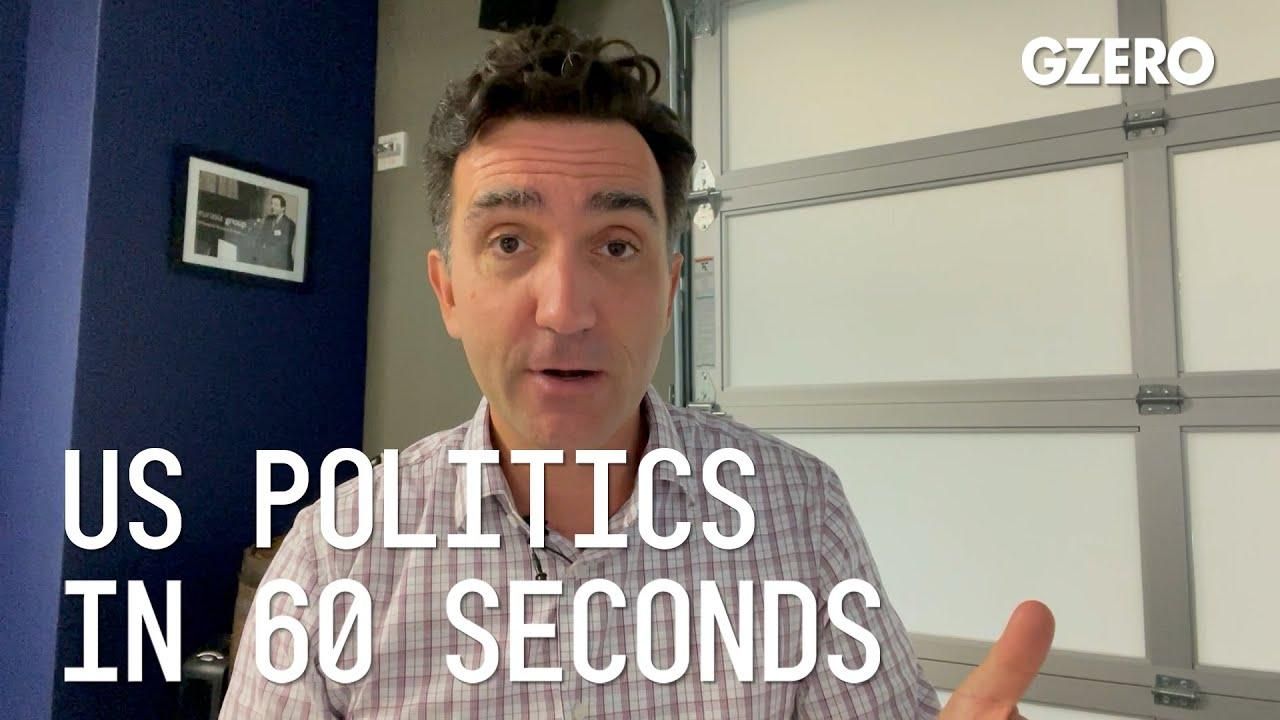US Politics In 60 Seconds
Will US Congress change Social Security?

Will US Congress Change Social Security? | US Politics In: 60 | GZERO Media

Jon Lieber, head of Eurasia Group's coverage of political and policy developments in Washington, DC shares his perspective on US politics.
Is Congress considering changes to Social Security?
No. Social Security's been in the news this week because of a record high adjustment to retirees’ benefits that's set to take place next year. Social Security benefits are indexed to inflation, and with inflation running at over 8% over the last year, seniors are going to get a cost of living adjustment equal to 8.7%. This is the largest increase since 1981 and comes after nearly a decade where Social Security benefits were nearly flat because inflation has been so low and stable. Inflation is continuing to run out of control at the moment, with rent prices and food prices rising at record rates, but this is not the only reason that Social Security's in the news. President Biden and other Democrats are campaigning on the premise that Republicans are set to put Social Security benefits "on the chopping block" should they win in the November elections.
The only problem is that this probably isn't true. Biden is seizing on a plan from Senator Rick Scott to reauthorize Social Security every five years, and while this could result in cuts to future benefits, Scott's plan has been rejected by nearly every other Senate Republican. Biden's also been warning about a proposal from Wisconsin Republican Ron Johnson to make Social Security subject to annual appropriations, which Johnson says is done to protect Social Security from going bankrupt. This is another fringe idea with very little support in the Republican Party, and based on the recent history, it seems like it could actually result in an increase in spending on seniors and not cuts, because what politician wants to alienate the most reliable voting block in America every year when it comes time to renew the program?
There is an enduring myth that Democrats want to raise middle class taxes and Republicans want to cut social spending, but the reality is that when it comes time to govern, neither party has the political will to follow through. Democrats typically limit their tax increases to high income Americans and corporations, who of course pay middle class wages, and Republicans typically run from proposals to cut individual benefits as they did the last time Social Security reforms were on the table in 2005. Nevertheless, these kinds of political attacks will continue. Social Security is funded by a trust fund that, as early as 2034, will not be able to fully fund the benefits of recipients without a transfer of general revenues from other parts of the government. This is a huge fiscal challenge for the US, and while politicians talk about protecting Social Security, neither party is prepared to fully face the consequences of what that will entail: either higher taxes or reduced benefits.
In this episode of GZERO Europe, Carl Bildt examines how an eventful week in Davos further strained transatlantic relations and reignited tensions over Greenland.
In this Quick Take, Ian Bremmer addresses the killing of Alex Pretti at a protest in Minneapolis, calling it “a tipping point” in America’s increasingly volatile politics.
30,000: The estimated death toll in Iran during the protests at the start of the year, per local health officials, underscoring the scale of the Islamic Republic’s crackdown on its own citizens.